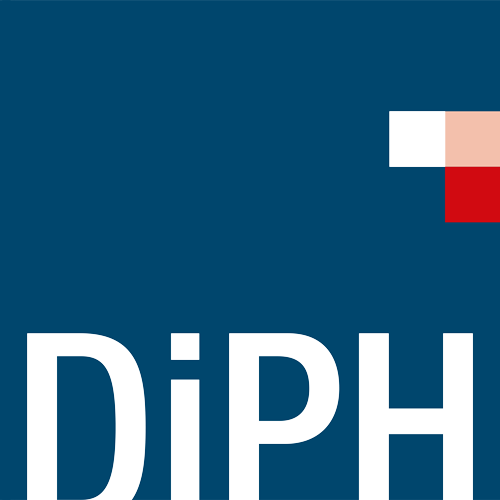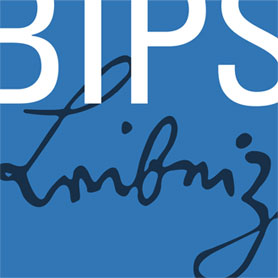Integrative Themes

Four Integrative Themes (InT) represent key topics relevant throughout the campus. All WGs need to address these themes in their work. Theme leaders are available for consultation, and four conferences spread across the campus funding period facilitate the integration of these themes in LSC activities.
InT1 Theories & Frameworks (lead: Ansgar Gerhardus & Dagmar Borchers)
The fit and need for adaptation of our Digital Public Health Framework along with other theoretical and conceptual developments is continuously monitored. At least one adapted version is foreseen during phase 2, informed by LSC as well as international research.
InT2 AI & Technology (lead: Rainer Malaka, Marvin Wright & Gabriel Zachmann)
A public health perspective to AI and novel technology emphasizes that digital interventions must be accessible, usable and understandable, calling for a deeper understanding of the complex relationship between behavior, technologies and environment or setting. This also applies to large-scale data analyses employing AI.
InT3 Evaluation (lead: Hajo Zeeb & Karin Wolf-Ostermann)
A strong evidence base for DiPH interventions is required, integrating knowledge on benefits and harms, as well as implementation aspects. Systems for the quality-based categorization of DiPH instruments are needed. Evaluation aspects arise across all three research clusters.
InT4 Ethics & Diversity (lead: Mark Schweda & Tilman Brand)
Ethical concepts and assessments need to guide DiPH research and knowledge transfer, coupled with considerations and concrete steps to address equity in populations characterized by diversity. Beyond working-group specific research in RC1 this theme is integral to all LSC DiPH work.






